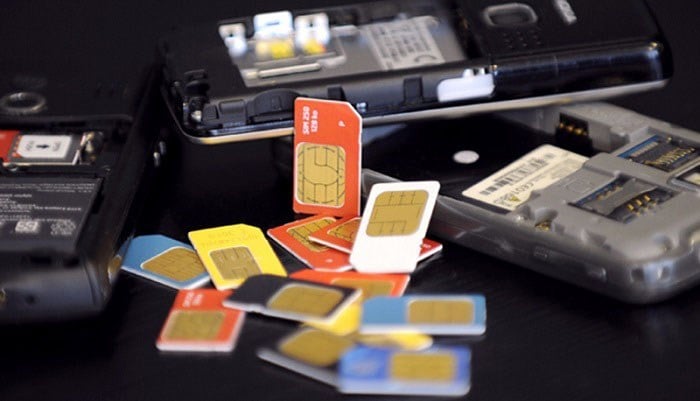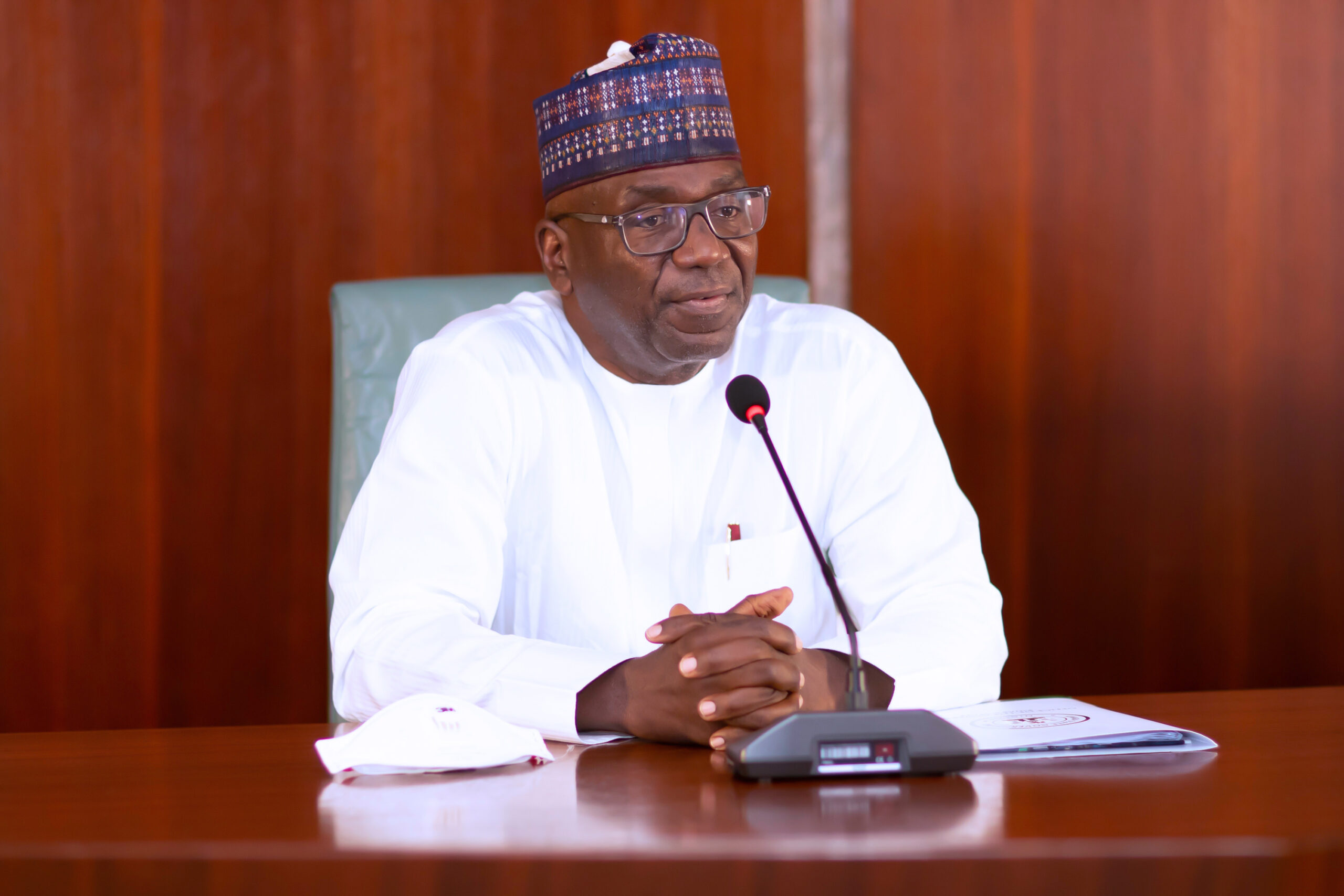The telecommunications sector posted a single-digit growth in the first quarter (Q1) 2021, as the ban on sales of subscriber identity module (SIM) cards slowed down performance within the period.
Figures from the first-quarter gross domestic product (GDP) report released by the National Bureau of Statistics (NBS) on Sunday show that the information and communication sector recorded a growth rate of 6.47 percent — first single-digit growth since the first quarter (Q1) 2020.
The performance in the sector was a result of a 7.69 percent sluggish growth in the telecommunications sub-sector — single-digit growth since Q1 2020 — when it recorded 9.71 percent growth.
The telecommunication sector was one of the most resilient sectors during the COVID-19-induced economic recession.
Advertisement
In December 2020, Isa Pantami, minister of communications and digital economy, directed the Nigerian Communications Commission (NCC) to audit the subscriber registration database.
The directive instructed mobile network operators to suspend the sale, registration and activation of new SIM Cards until the completion of the audit exercise.
The controversial policy denied new entrants into the country access to purchase mobile lines, while existing users who want to retrieve their lost lines were not allowed access.
Advertisement
The NCC recently extended the national identification number (NIN) and SIM integration exercise till June 30.
Data from the NCC show that MTN Nigeria, the largest network by market share, lost 4.84 million and Globacom lost N1.92 million subscribers within the first quarter of the year.
Also, Airtel Nigeria lost 5.26 million subscribers, while 9mobile lost 131, 766 subscribers within the same period.
According to NCC, subscribers in Nigeria’s telecoms market declined by over 12 million in Q1 2021.
Advertisement
Checks by TheCable on the Q1 2021 financial statements of Airtel Africa and MTN Nigeria, the two listed telcos, also show that the regulatory restrictions on new SIM sales and activations impacted their operations with declines in mobile subscriptions and revenue.
The financial reports show a pattern of slow growth in voice revenue for the telcos in the Nigerian market.
“MTN Nigeria made significant progress, building on its growth momentum, delivering service revenue growth of 17.2%,” MTN said in its quarterly trading update for the period ended 31 March 2021.
“This performance was largely supported by growth in data and voice revenue and was achieved despite a 5 million decline in subscribers to 71.5 million. This was due to the effects of customer churn and the regulatory restrictions on new SIM sales and activations.”
Advertisement
While MTN Nigeria did not mention the financial cost of regulatory restriction, Airtel Africa said it had minimal financial implications on its business for the period.
The nation’s GDP grew marginally by 0.51 percent in the first quarter of 2021 — indicating a slow but continuous recovery.
Advertisement
This makes it two consecutive quarters of growth following the negative growth rates recorded in the second and third quarters of 2020. In the fourth quarter of 2020, GDP grew by 0.11 percent.
The report shows that the oil sector recorded a decline of 2.21 percent (year-on-year) in Q1 2021, while the non-oil sector grew by 0.79 percent in real terms in Q1 2021.
Advertisement
“Growth in the non-oil sector was driven by the Information and Communication (Telecommunication) sector, while other drivers include Agriculture (Crop Production); Manufacturing (Food, Beverage & Tobacco); Real Estate; Construction and Human Health & Social Services,” the report stated.
Advertisement






